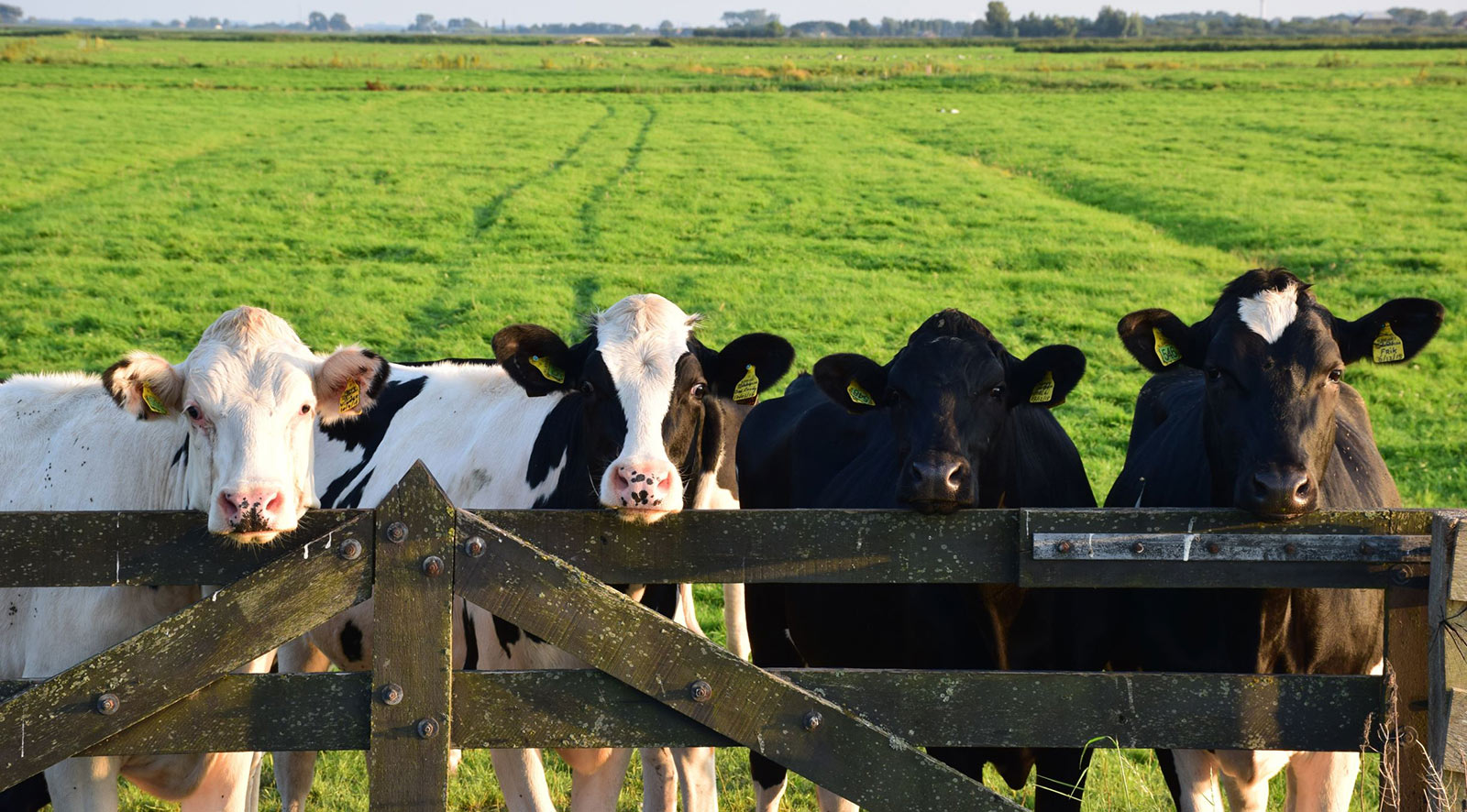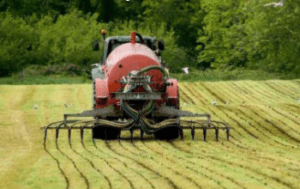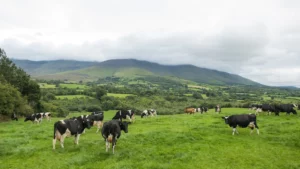
Capital Taxes

Capital Gains Tax (CGT) Retirement relief
In relation to transfers or sales to children, a cap of €3 million applies if transfer occurs after the farmer reaches 66 years of age.A farmers can avail of a CGT exemption of up to €750,000 from the disposal of farm assets to a third party, where the farmer is over 55 years of age, has owned the assets for previous 10 years and has used the farm assets within the farm business for 10 years to date of sale.
The cap on the tax exemption is reduced to €500,000 for disposals by persons over 66 years of age. Marginal rates of 50pc CGT apply on proceeds over the relevant limits.
Favourite Niece/Nephew Relief
Usually the transfer or sale of a farm to a niece or nephew is regarded as a disposal to a third party, meaning that a farmer can be liable to capital gains tax where the value of the farm transferred exceeds €750,000 in the case of a farmer under 66, or €500,000 in the case of a farmer over 66.
A niece or nephew who has been working for their uncle or aunt can be deemed for tax purposes to be equivalent to a child where that niece or nephew has worked full-time (at least 15 hours per week or 24 hours per week in the case of multiple employees) for the five years prior to transfer. In both instances the recipient must continue to retain ownership for the six years post transfer in order to avoid a clawback of the CGT relief obtained.
Relief for farm restructuring
This relief first introduced from January 1, 2013 wipes out underlying capital gain on the sale of land, where the proceeds from the sale are reinvested in the purchase of other ‘qualifying’ land, or in cases where land is exchanged by an owner for other land.
The relief applies where a farmer disposes of an outside block of land to enable him/her to buy a block of land closer to the main farming base.
Disposal of a site to a child
Capital Acquisitions Tax (CAT) Agricultural relief
(i) A trained farmer and farm the land for a six-year period post transfer on a commercial basis with a view to realising profits;
(ii) Or, in the case of a non- trained farmer, farm the land on a full-time basis (an average of 20 hours per week or equivalent) for the six years post transfer, again on a commercial basis with a view to realising profits.Alternatively, the individual may lease their land for a minimum period of six years to either a trained farmer or a full-time farmer who satisfies the above criteria. Special rules cater for farm dwellings and changes of use within the six-year period (i.e. transitions from letting to farming and vice versa).
Business Relief
Latest Headlines
- Sections
Contact Us
Telephone
+353 (0)61 314677
Address
ICMSA Head Office
John Feely House
Dublin Road
Limerick
V94 KX38





